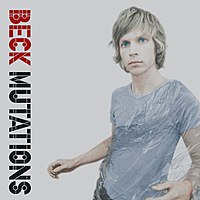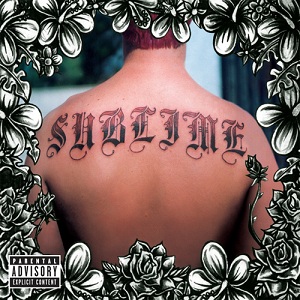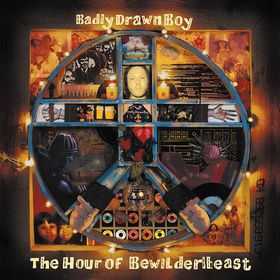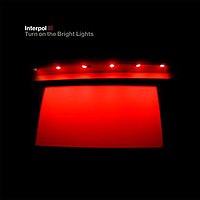 VS
VS 
#2 Elliot Smith- XO vs. #15 Beck- Mutations
Sorry to talk about something other than the albums, but for anyone reading out there it has been pointed out to me that I have not been updating as regularly as I maybe should have. This is because I started this project to pass the time while I was unemployed, and I am now un-unemployed, and feel like I have less time. I hope to continue and not give up on the project, and maybe try to write less which will save both you and me precious time (terrible sentence, that) but that's why. Also, I'd like to for the record say this is the first entry written on my brand new MacBook Pro. Take that John Hodgman. I'm a mac too. Anyway...
The Arguments: When you think about things like this as much as I do, its really easy (and fun too!) to trace the trajectory of Elliott Smith's career through his albums, and while, for my money, all points of said arc are great and he produced wonderful, beautiful music at each, falls square in the middle, a transition album of sorts. This is not to say it is a throwaway, or experiment, or anything other than a colossal musical achievement from a man who had many, but it is easy to hear the sparse arrangements and man-and-his-guitar feel of his self-titled album and Either/Or segueing into the lusher arrangements and more production heavy sound he would find on Figure 8 and From a Basement on a Hill. This was the first album that featured significant contributions from musicians other than himself (most notably Jon Brion) and it shows. The songs are still written in Smith's poetic style, with wordplay abounding ("I'm a neon sign/I stay open all the time") and it's every bit as dark and moody as his previous outputs, but it sounds more mature at times than the others, and more complete. The album has a number of standout tracks, the epic feeling sweep of "Waltz #2", the delicacy of "Pitseleh", and, last but certainly not least, the acapella track "I Didn't Understand" that might feel slight at first listen but packs quite the emotional and musical punch into two scant minutes (and, though maybe in part because Smith would later cover it, recalls nothing as much as the Beatles' acapella version of "Because" from the Anthologies.) XO shows Smith at the top of his game, is beautiful and profound start to finish, and is an album that keeps on giving...songs that were ignored years ago are now favorites, and every listen brings some new nuance or lyrical significance to the surface.
Mutations is the best novelty album I've ever heard. That isn't totally fair, I suppose, and I've talked here before about genre hopping and mastery of different sounds etc, and certainly Beck deserves the benefit of the doubt. But despite some very beautiful and moving songs, the overwhelming impression I got from listening through this album again is that it could be called Beck Sings Country or Beck Sings the Blues or Beck Hansen and His Honky-Tonk Good Time Band. It's not that he does a bad job, songs like "Bottle of Blues" or "O Maria" are great songs and credible facsimilies of the time and place and style he is aping. And while this album was definitely a departure for him (it was the first singer/songwriter album in the well documented back-and-forth with Beck's releases Odelay through Guero) but there were still moments where it was clearly a Beck album, whether because of the strangely dark nonsense imagery on "We Live Again" or, even better, the seemingly straight country of "Cancelled Check"...until towards the end what sounds like a huge man's groan or a monster's roar sample creeps in under the chorus. There are stand out tracks, and hints of the emotional highs (or, rather, lows) he would reach later on Sea Change (specifically on the hauntingly melancholy "Nobody's Fault But My Own") and the album is a pleasure to listen to, but it still feels slight.
The Score: Even a novelty album by Beck is still a Beck album, but that doesn't stand a chance against anything from the heart of Elliott Smith's catalog.
XO d. Mutations 90-68
Representative Tracks:
 VS
VS 













